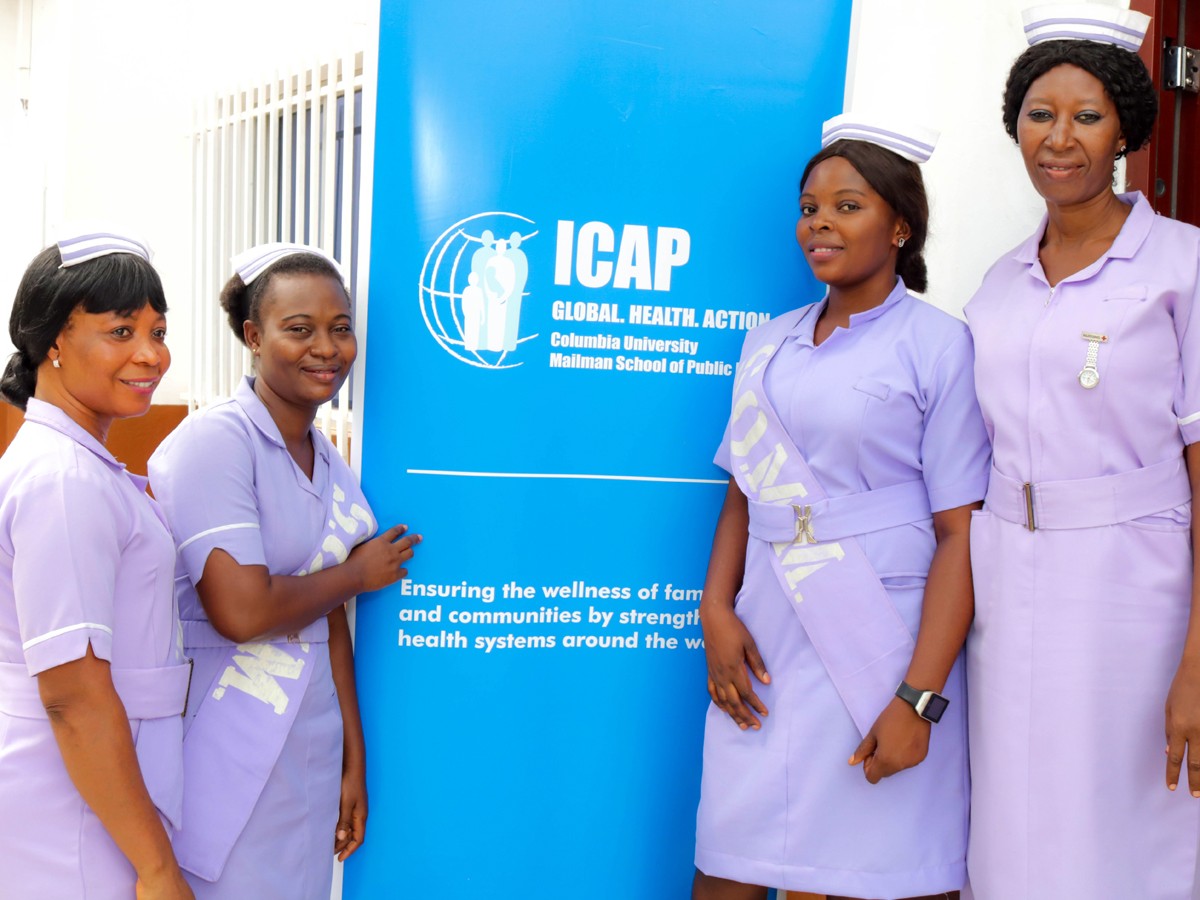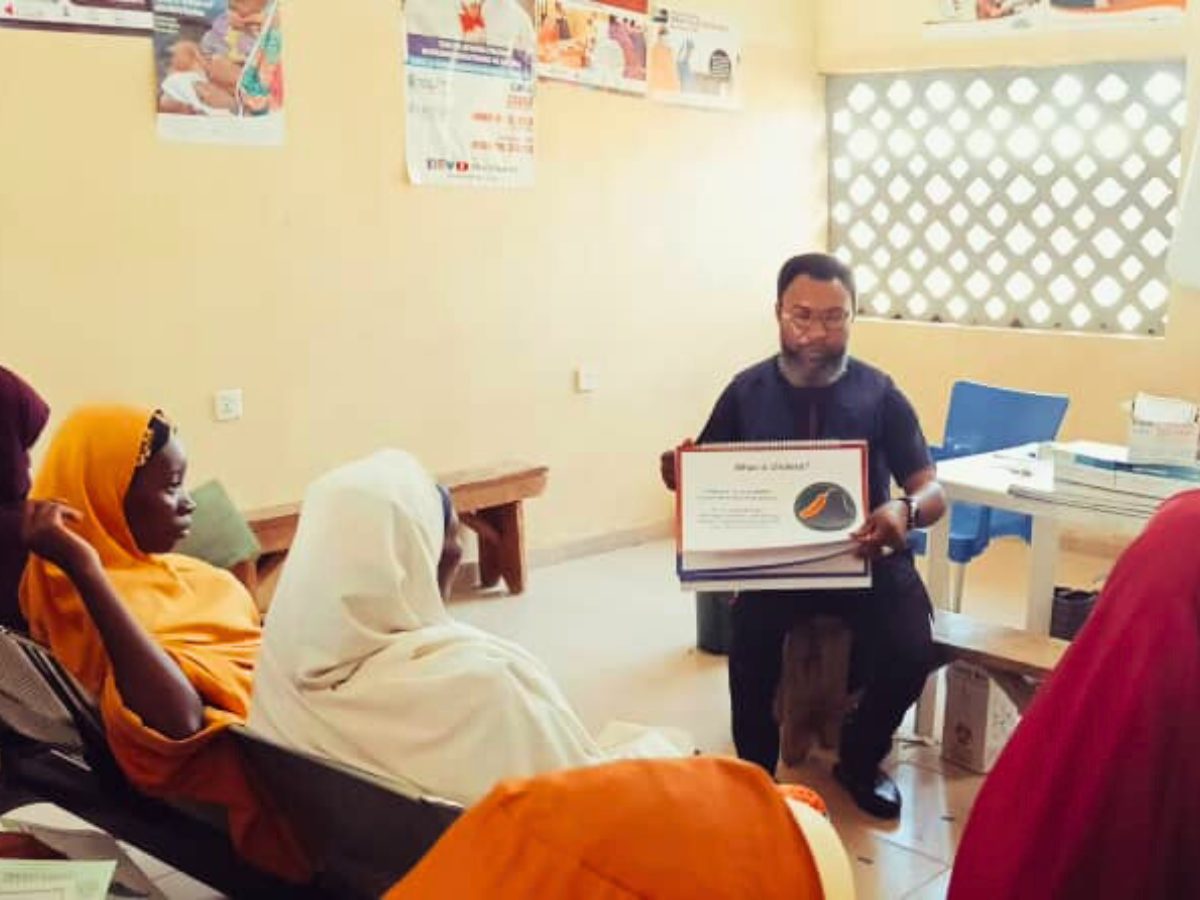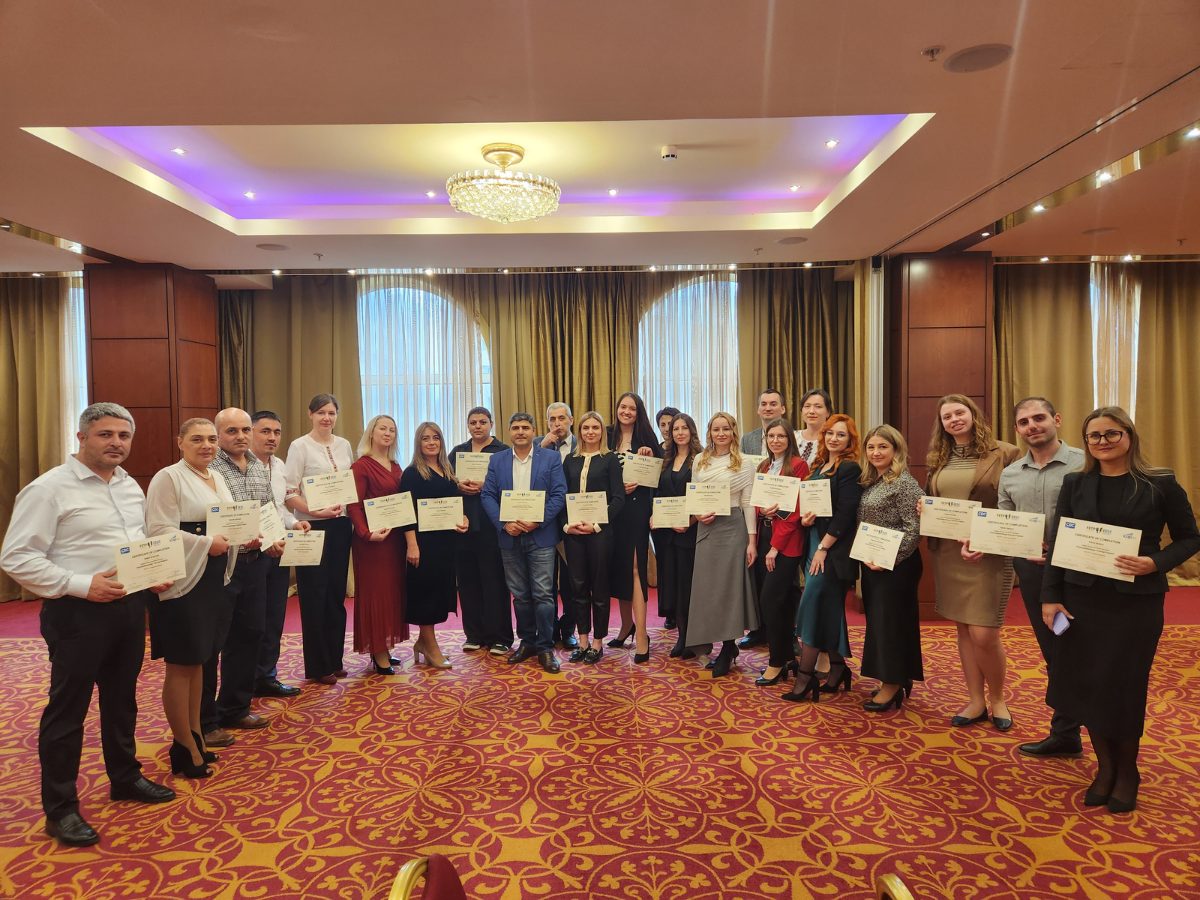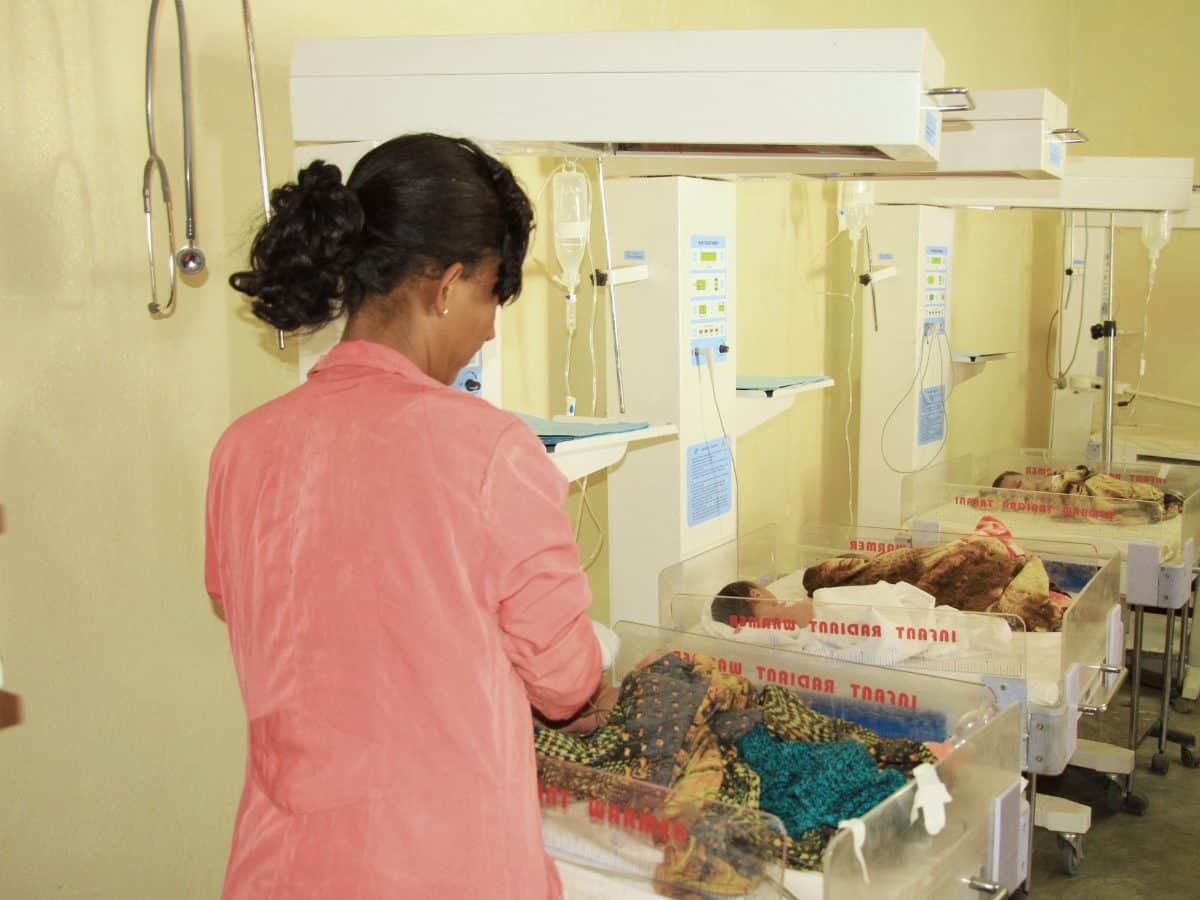“Today marks the climax of my dream,” proclaimed a delighted Francess Fornah, RN, RM, head of the School of Midwifery in Makeni, Sierra Leone. Fornah was speaking at an event on April 12 to commission a new library, computer lab, and skills lab at the institution she oversees. “I envision using these resources not only to equip our students, but to also engage high school science students with interest in this profession.”
Engaging and recruiting future nurses and midwives is a pressing concern in Sierra Leone, where the health sector was decimated by the 2014-15 Ebola epidemic. According to the 2013 Demographic Health Survey, Sierra Leone needs 3,000 trained midwives to provide adequate care during pregnancy and birth for all expectant mothers. In 2017, the country had just over 300.
In response, ICAP has been working with the Sierra Leone Ministry of Health and Sanitation since 2017 to increase the number of trained midwives and decrease the country’s rates of maternal and infant mortality, which are among the highest in the world. These efforts are part of the Resilient and Responsive Health Systems Project, funded by the U.S. Health Resources & Services Administration (HRSA).
Through its partnership with the Ministry of Health and Sanitation, ICAP has supported all three schools of midwifery in Sierra Leone and their affiliated hospitals: the National School of Midwifery (NSM), adjacent to the Princess Christian Maternity Hospital in Freetown, the School of Midwifery Makeni (SOMM), and the School of Midwifery in Bo (SOMBO). ICAP also supports the College of Medicine and Allied Health Sciences (CoMAHS) in Freetown, another important institution for educating the country’s health workforce.
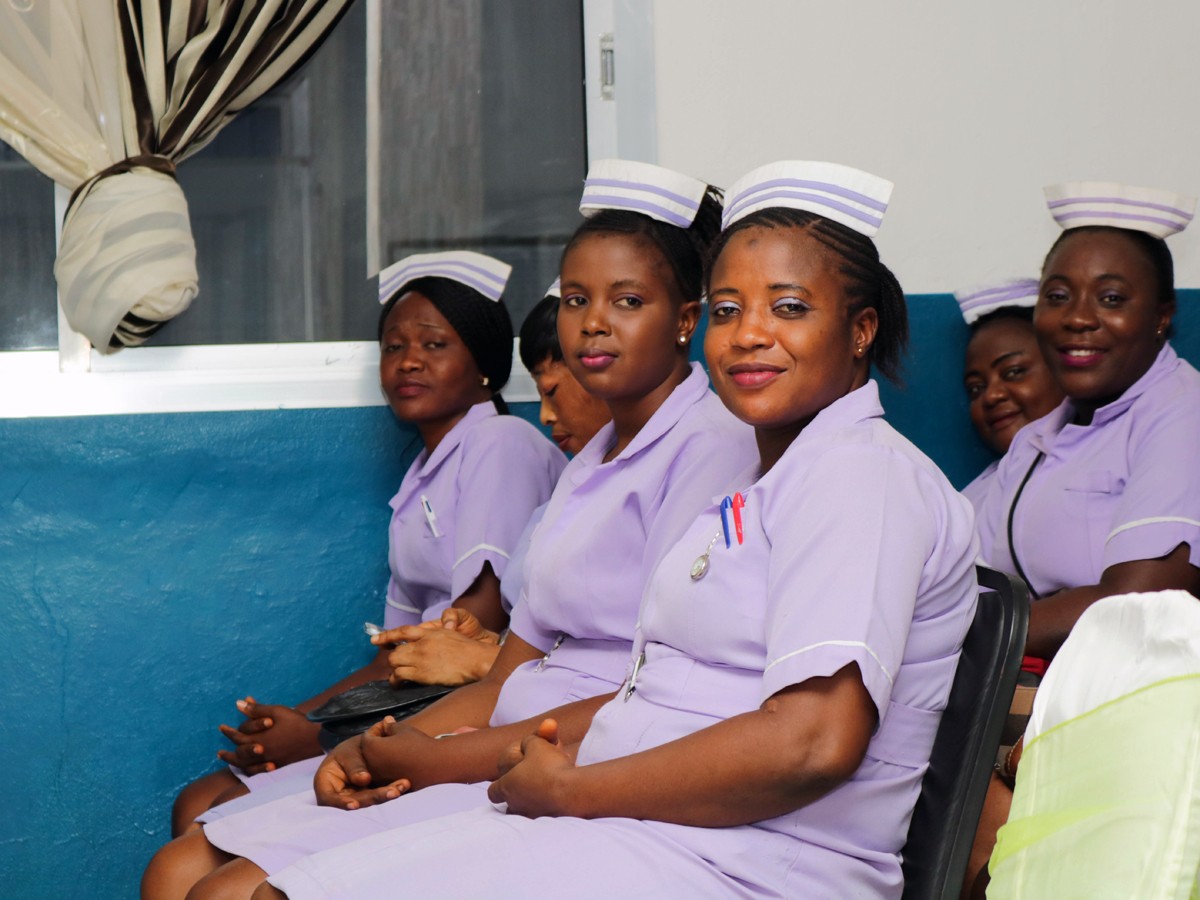
The first step in building up the workforce of nurses and midwives was to assess the educational institutions responsible for their training. In collaboration with the schools and the Ministry of Health and Sanitation, ICAP conducted a baseline assessment in 2017 and found major challenges in terms of the learning environment, computer and library resources, and equipment for clinical education.
To address these gaps, ICAP has provided support to strengthen curricula, improve training for instructors and mentors, and increase practical learning opportunities. ICAP has introduced curriculum modules on critical subjects such as infection prevention and control, emergency obstetric and newborn care, and HIV care, including prevention of mother-to-child transmission and early infant diagnosis. At the same time, it has worked to improve the schools’ libraries and computer labs, and to provide simulation mannequins and other needed equipment for the skills labs.
At the commissioning ceremony in Makeni, the attendance of Sierra Leone’s Minister of Health and Sanitation, His Excellency Alpha Wurie, BSc, PhD, as well as The Honorable Maria E. Brewer, MSc, U.S. Ambassador to Sierra Leone, underscored the significance of ICAP’s latest contributions to the school.
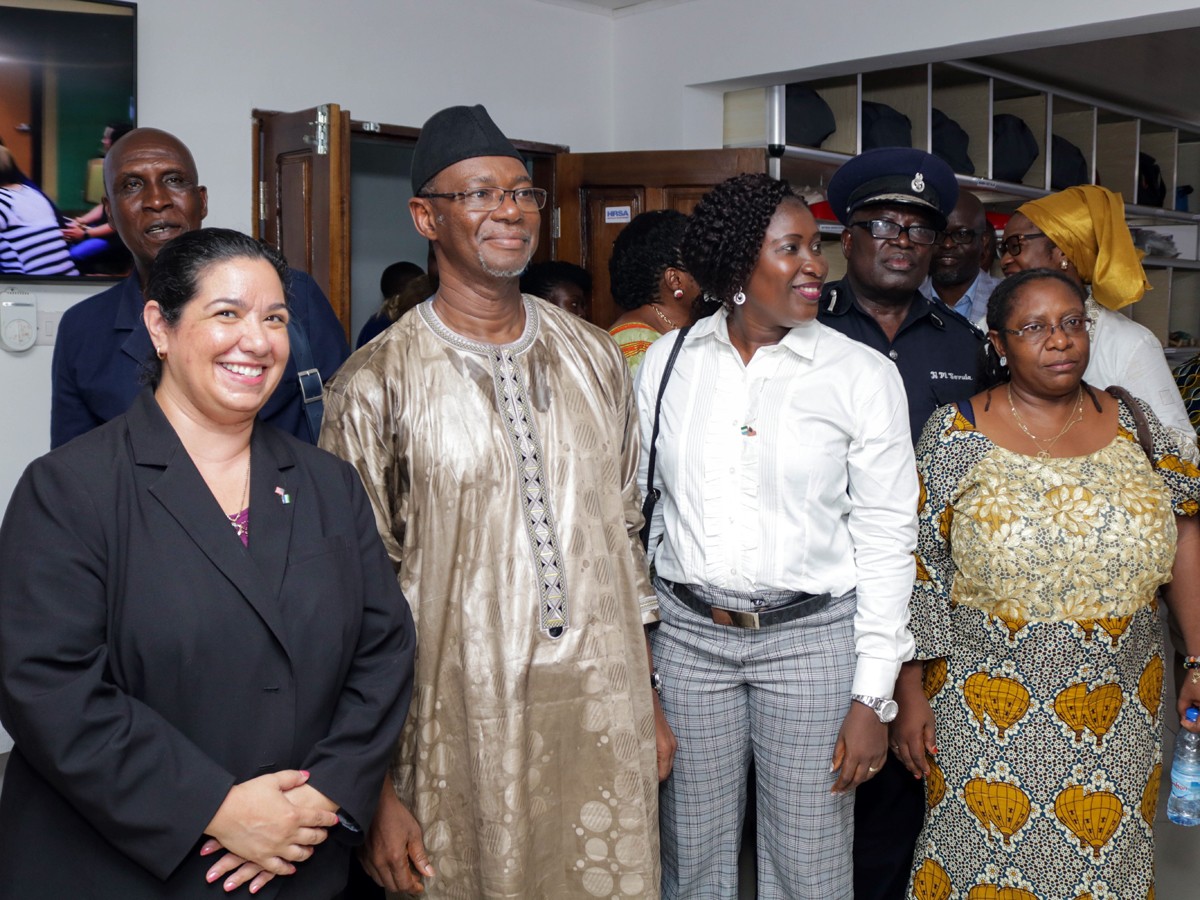
“I am grateful to ICAP and HRSA for their tremendous support in bringing this to reality,” Fornah told the dignitaries as they admired the new skills lab, equipped with state-of-the-art training mannequins, the banks of computers that will give students the ability to do better research, and the spacious library, well-stocked with reference materials.
Also among the guests were George Tidwell, MD, country director for HRSA in Sierra Leone, and Susan Michaels-Strasser, PhD, MPH, RN, FAAN, senior implementation director and associate director for nursing programs for ICAP.
Praising ICAP’s contributions and Ms. Fornah’s leadership, Dr. Tidwell remarked: “ICAP stands for quality and excellence, and this project is no exception. I also applaud Francess for her leadership and consistency in pursuing her dream to improve the learning environment for midwives. With her leadership, I am confident about the sustainability and appropriate utilization of the donated tools, as these are sure to develop the confidence of students in their ability to provide quality care.”
Click on the image below to view an album of photos from the commissioning event with Ambassador Brewer:
A global health leader since 2003, ICAP was founded at Columbia University with one overarching goal: to improve the health of families and communities. Together with its partners—ministries of health, large multilaterals, health care providers, and patients—ICAP strives for a world where health is available to all. To date, ICAP has addressed major public health challenges and the needs of local health systems through 6,000 sites across more than 30 countries. For more information about ICAP, visit: icap.columbia.edu


